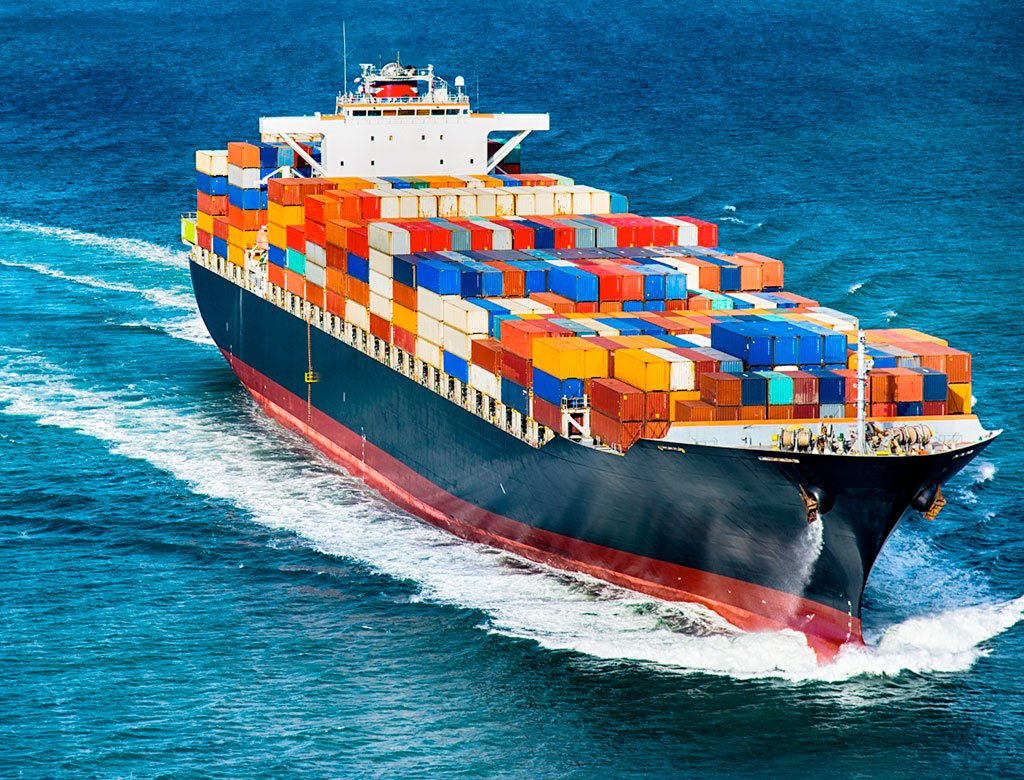News
Navigating the Complexities of Cargo to India: A Comprehensive Guide
Understanding the Indian Cargo Market
India, a burgeoning economic powerhouse, presents a vast and diverse market for international trade. With its rapidly growing middle class and increasing consumer demand, India has become a lucrative destination for businesses worldwide. However, navigating the complexities of Indian customs regulations, infrastructure, and logistics can be daunting. This comprehensive guide aims to shed light on the key considerations and challenges associated with shipping cargo to India.
Key Factors to Consider
- Customs Regulations and Documentation:
- Harmonized System (HS) Codes: Accurately classifying your goods using HS codes is crucial. Incorrect classification can lead to delays, fines, and even seizure of goods.
- Import Licenses: Certain goods may require specific import licenses, particularly those related to technology, pharmaceuticals, and agricultural products.
- Customs Duty and Taxes: India imposes various customs duties and taxes, including basic customs duty, integrated goods and services tax (IGST), and additional duties.
- Documentation: Essential documents include commercial invoice, packing list, bill of lading, certificate of origin, and any specific certifications required for the product.
- Choosing the Right Mode of Transport:
- Sea Freight: The most cost-effective option for large shipments, especially for bulk commodities. Consider factors like transit time, port congestion, and customs clearance procedures.
- Air Freight: Ideal for time-sensitive and high-value goods. It offers faster transit times but is generally more expensive than sea freight.
- Rail Freight: A viable option for certain routes, especially for bulky goods. It can be more cost-effective and environmentally friendly than road transport.
- Road Transport: Suitable for smaller shipments and cross-border transportation. However, it can be subject to various road tolls, permits, and border crossing formalities.
- Selecting a Reliable Freight Forwarder:
- Expertise: A reputable freight forwarder with experience in Indian customs regulations and logistics can streamline the shipping process.
- Network: A strong global network enables efficient handling of shipments, especially for door-to-door services.
- Customs Clearance: A reliable forwarder can assist with customs clearance procedures, minimizing delays and potential issues.
- Insurance: Adequate insurance coverage is essential to protect your cargo against risks such as loss, damage, and theft.
- Packaging and Labeling:
- Robust Packaging: Ensure your goods are securely packed to withstand the rigors of transportation and handling.
- Clear Labeling: Accurate and legible labeling is crucial for smooth customs clearance. Include details like the shipper’s and consignee’s information, HS code, and country of origin.
- Understanding Indian Infrastructure and Logistics:
- Port Congestion: Major Indian ports, such as Mumbai and Chennai, can experience congestion, leading to delays in cargo handling.
- Infrastructure Challenges: India’s infrastructure, particularly in inland transportation, can pose challenges, especially in remote areas.
- Time-Sensitive Deliveries: Consider factors like customs clearance timelines, transportation modes, and potential delays when planning time-sensitive shipments.
Tips for Successful Cargo Shipping to India
- Research Thoroughly: Familiarize yourself with Indian customs regulations, import restrictions, and logistics challenges.
- Choose a Reputable Forwarder: Select a forwarder with a proven track record in handling India-bound shipments.
- Accurate Documentation: Ensure all required documents are accurate and complete.
- Clear Communication: Maintain open communication with your forwarder and customs broker.
- Consider Insurance: Adequate insurance coverage can protect your investment.
- Plan Ahead: Factor in potential delays and unforeseen circumstances.
- Stay Updated: Keep abreast of any changes in Indian customs regulations and logistics.
By carefully considering these factors and following best practices, you can successfully navigate the complexities of shipping cargo to India and ensure smooth and efficient delivery of your goods.







